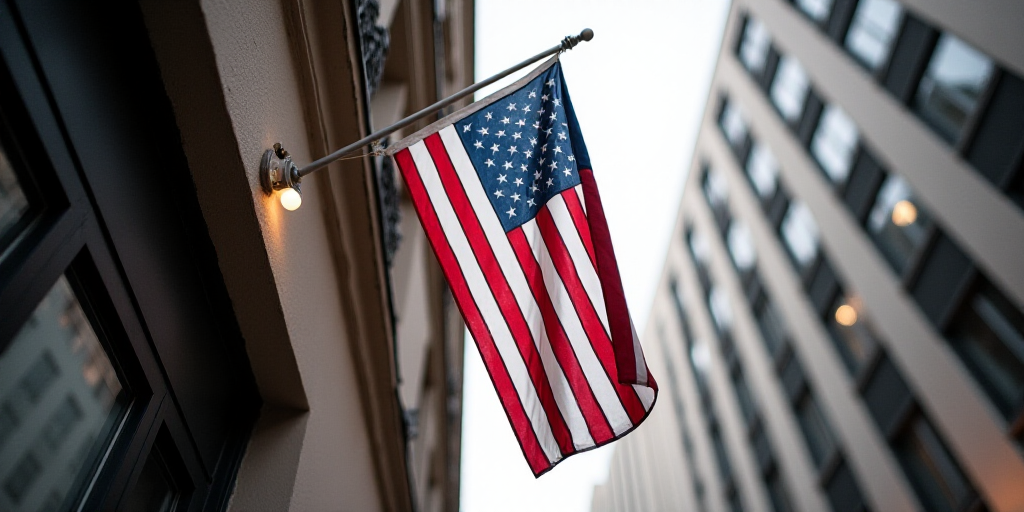Background on the U.S. Diplomatic Corps and its Importance
The United States Department of State initiated a sweeping review and subsequent dismissal of over 1,350 employees within the U.S. diplomatic corps on Friday. This unprecedented move, according to critics, could potentially undermine the United States’ ability to safeguard and advance its interests abroad.
Who is Involved?
The Trump administration, under the leadership of Secretary of State Mike Pompeo, is conducting this extensive restructuring. The diplomatic corps comprises career foreign service officers and political appointees who represent the United States in embassies, consulates, and other diplomatic missions worldwide.
Why is this Relevant?
The U.S. diplomatic corps plays a crucial role in maintaining international relations, promoting American values, and ensuring the safety of U.S. citizens abroad. With a well-functioning corps, the United States can effectively negotiate treaties, respond to crises, and foster partnerships with other nations.
The Controversial Mass Firings
Critics argue that the Trump administration’s mass firings could destabilize the diplomatic corps, leading to a loss of institutional knowledge and experienced personnel. This may result in weakened relationships with foreign governments, reduced influence on the global stage, and a diminished capacity to address international challenges.
Key Concerns
- Loss of Institutional Knowledge: Long-serving diplomats possess valuable insights and connections that cannot be easily replaced. Their departure could hinder the U.S. government’s ability to navigate complex international issues.
- Weakened Relationships: Establishing and maintaining strong relationships with foreign counterparts takes time. The sudden dismissal of experienced diplomats may strain these connections, potentially leading to a decline in cooperation and information-sharing.
- Reduced Influence: A leaner diplomatic corps may struggle to project American influence and leadership on the global stage, making it more difficult for the U.S. to shape international policies and agreements.
Potential Impact on U.S. Interests Abroad
The mass firings could have far-reaching consequences for U.S. interests worldwide, including:
- Weakened Diplomatic Engagement: With fewer experienced diplomats, the U.S. may find it challenging to engage effectively with foreign governments, potentially leading to missed opportunities for cooperation and collaboration.
- Delayed Response to Crises: In times of international crises, a robust diplomatic corps is essential for coordinating responses and negotiating solutions. A reduced workforce may hamper the U.S.’s ability to react swiftly and decisively.
- Diminished Soft Power: The U.S. exerts significant influence through cultural, political, and economic means, often referred to as “soft power.” A weakened diplomatic corps could limit the U.S.’s capacity to project this influence and promote its values abroad.
Key Questions and Answers
- What is the U.S. diplomatic corps? The U.S. diplomatic corps consists of career foreign service officers and political appointees who represent the United States in diplomatic missions around the world.
- Why are these mass firings controversial? Critics argue that the dismissals could destabilize the diplomatic corps, leading to a loss of institutional knowledge and experienced personnel. This may result in weakened relationships with foreign governments, reduced influence on the global stage, and a diminished capacity to address international challenges.
- How might these firings impact U.S. interests abroad? The mass firings could have far-reaching consequences, including weakened diplomatic engagement, delayed response to crises, and diminished soft power. These potential impacts could hinder the U.S.’s ability to project influence, cooperate with foreign governments, and shape international policies.






